What is the reason for procrastinating what you should do even if you know it is not good?

We tend to procrastinate when it comes to things that are troublesome or require energy. Sometimes, we procrastinate until just before the deadline and end up hurriedly working on it, or we procrastinate later, which makes things even more difficult later on, and we deeply regret it.
Why you procrastinate even when it feels bad - YouTube
Even when you have housework, personal errands, or tasks with deadlines approaching just before, you may find yourself lazing around with your smartphone or PC. Then, in the end, it will be late, and I will procrastinate, saying, 'I can do it tomorrow morning.'
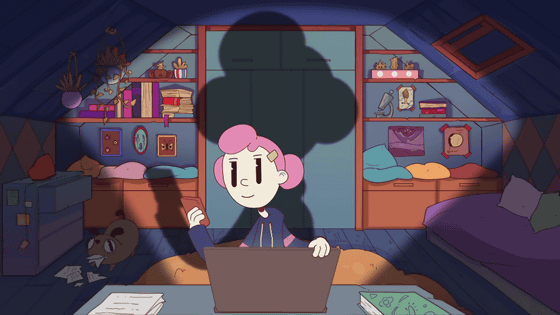
The word 'procrastinate' basically means 'to avoid doing something you say you'll do for no good reason, even if you know it's going to have bad consequences.' Why would you choose to do something that would have bad consequences for you when it is not rational?

According to TED-Ed, procrastination is a result of ``the body trying to protect itself''. The '
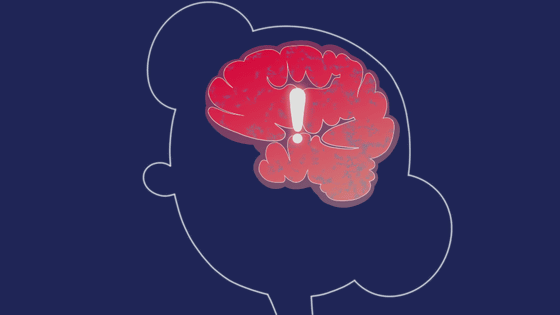
As a result, the fear-induced stress puts the brain into a state of panic, blocking electrical signals from the
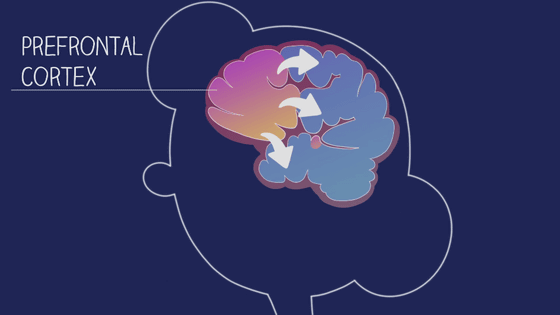
In short, starting a task right away evokes negative emotions such as ``fear'', such as dissatisfaction that ``I don't want to do it'' and anxiety about ``can I finish it satisfactorily with my own ability?''. In order to postpone it, he seems to try to postpone the task itself.

A study of college students with 'procrastination habits' revealed that procrastinating necessary tasks can easily lead to stress. This is because it is stressful to keep thinking 'I have to do a task', and at the same time, the more I procrastinate, the more difficult it is to complete the task.

In this way, procrastination is strongly influenced by negative thoughts and emotions, so it is easy for people who have low self-esteem, who are worried, and who are not good at adjusting their emotions. According to TED-Ed, procrastination isn't necessarily lazy because it's an emotional control task, but many people worry too much about procrastination as 'lazy.' As a result, frequent procrastinators are more likely to suffer from anxiety disorders, depression, shame, and high stress.
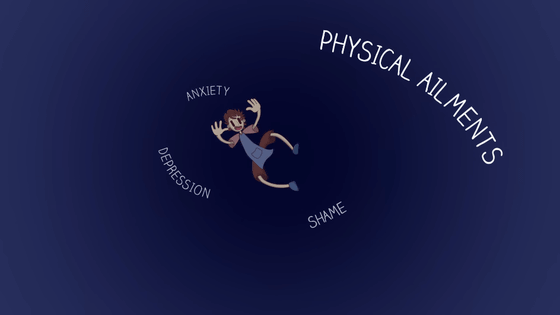
While there is such long-term damage, in the short term procrastination can protect us from the stress we are facing right now. However, procrastination increases the anxiety about the task, and it falls into a cycle of procrastinating again to relieve the stress. In order to get out of this cycle, it has been thought that we should manage time well and perform tasks according to the time schedule.
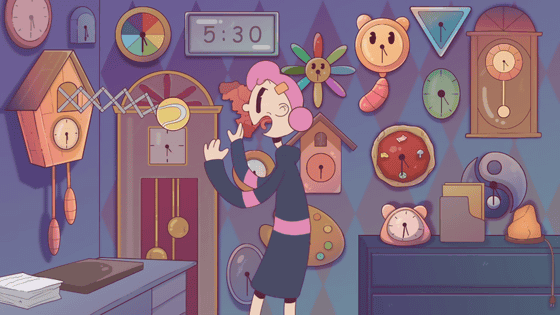
However, recent research suggests that strict control increases negative feelings about tasks, so it is good to deal with negative feelings by 'pampering yourself'. For example, I think it is important to understand ``negative feelings about tasks'', such as breaking down tasks into smaller elements to make them easier to solve, and writing down why the work gives me stress. It is
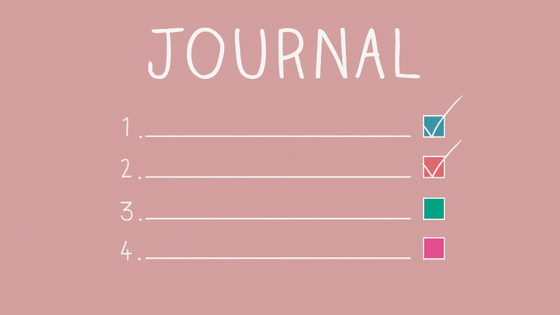
Related Posts:
in Video, Posted by log1e_dh







